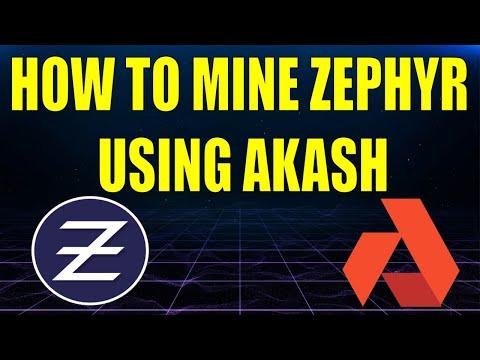Introduction
Mining is the process of participating in a blockchain network to validate transactions and add new blocks. It involves solving cryptographic puzzles to achieve consensus and secure the network. Miners are rewarded with cryptocurrency for their efforts.
History
Mining began with the inception of Bitcoin in 2009. Early miners used personal computers, but as the difficulty of mining increased, more specialized hardware, such as GPUs and ASICs, became necessary. Mining has since evolved into a highly competitive industry.
Process
- Transaction Verification: Miners collect and verify transactions from the network.
- Block Creation: Verified transactions are grouped into a block.
- Puzzle Solving: Miners solve a cryptographic puzzle to add the block to the blockchain.







